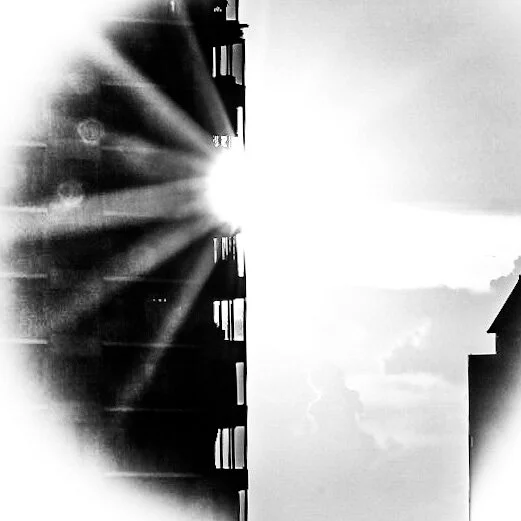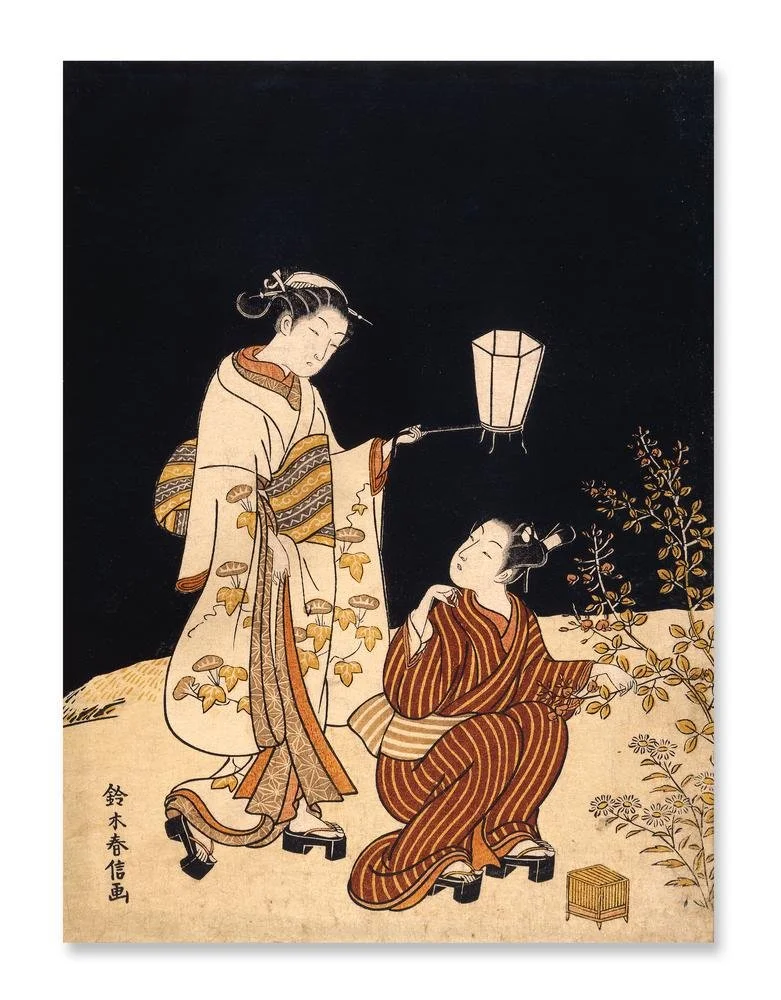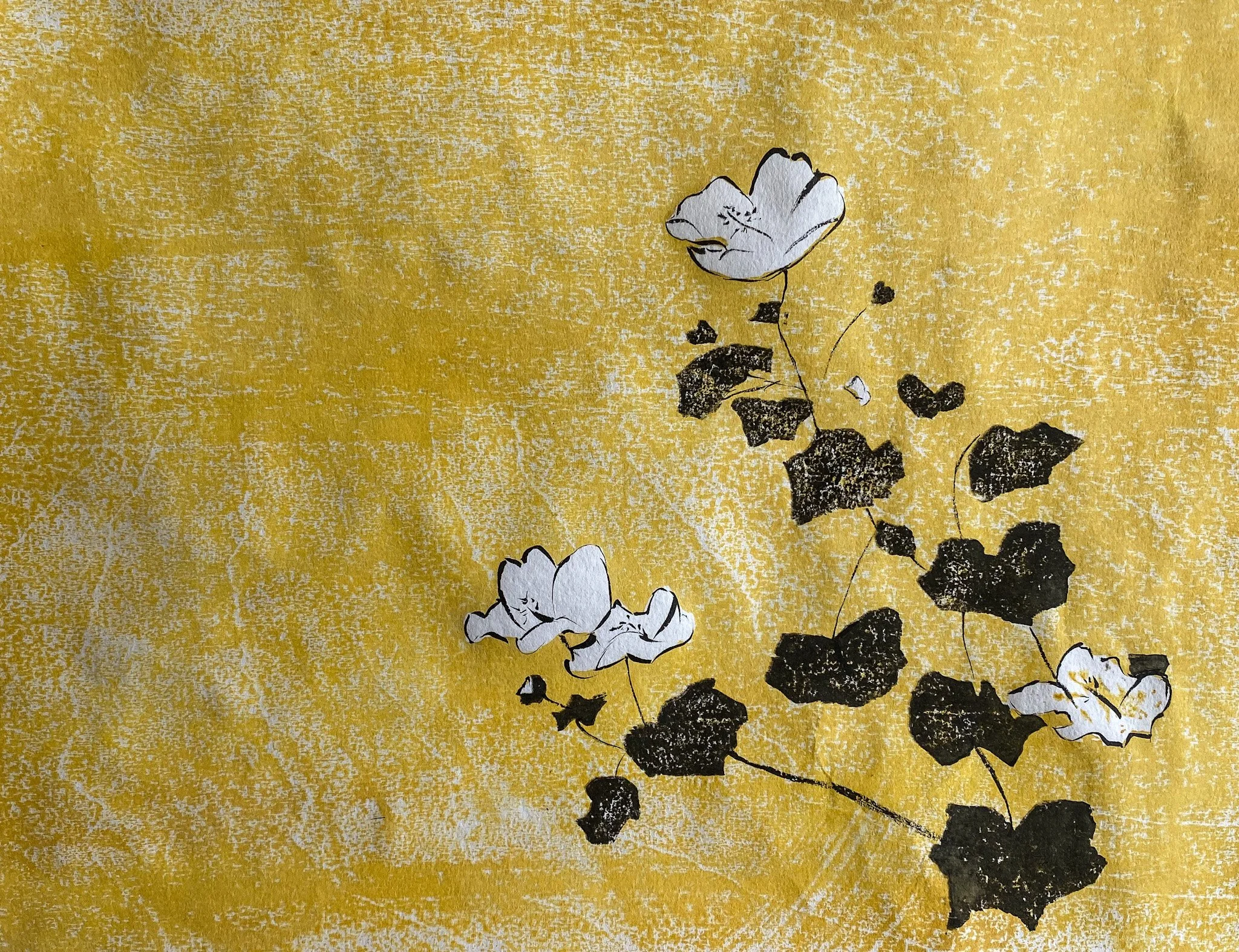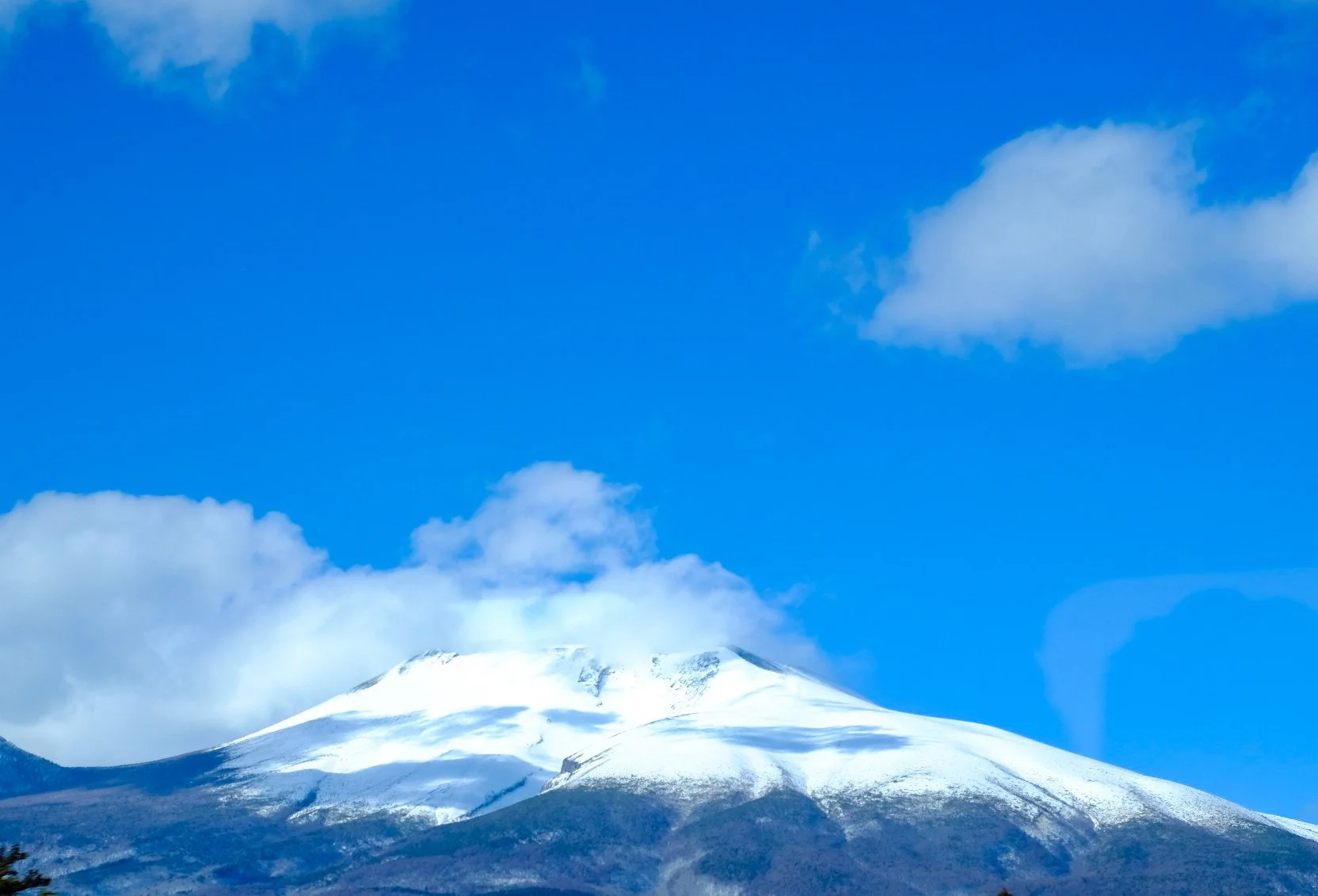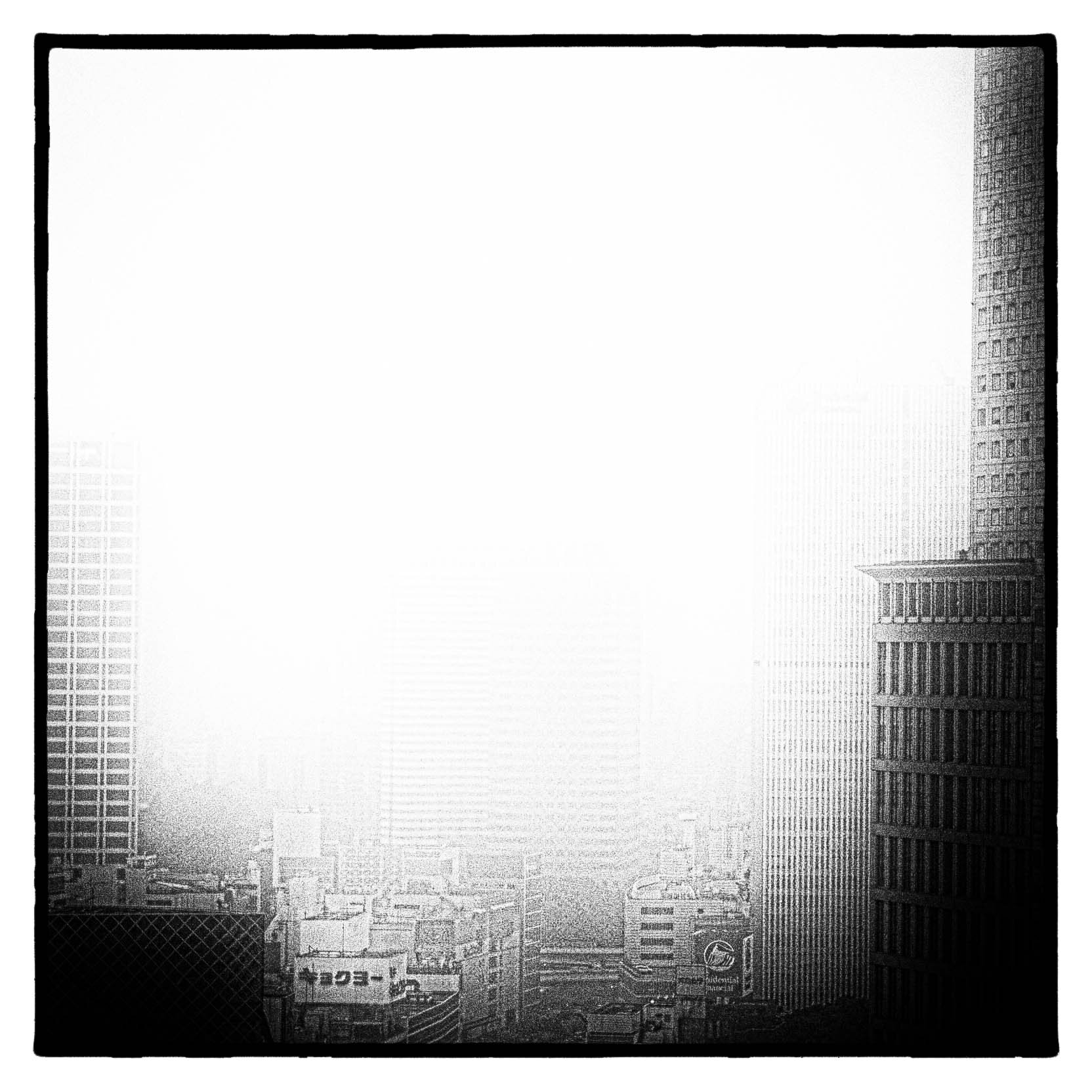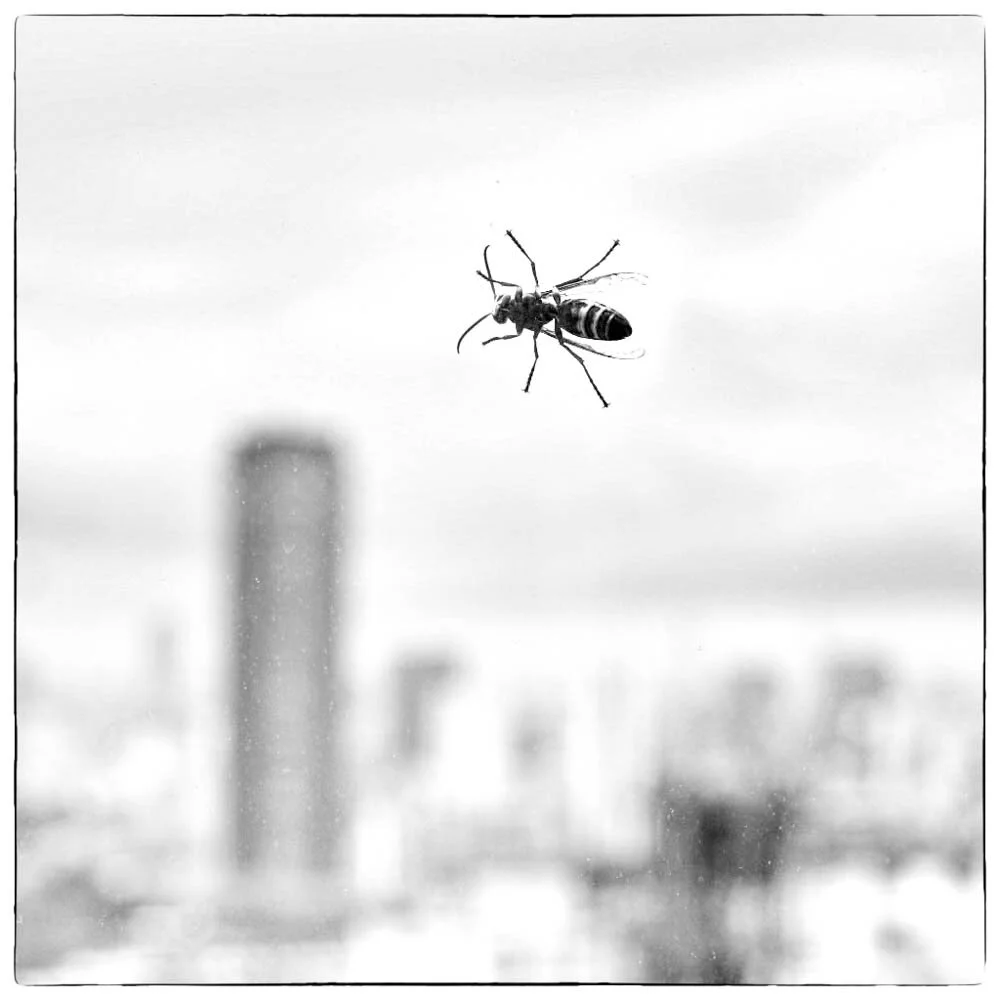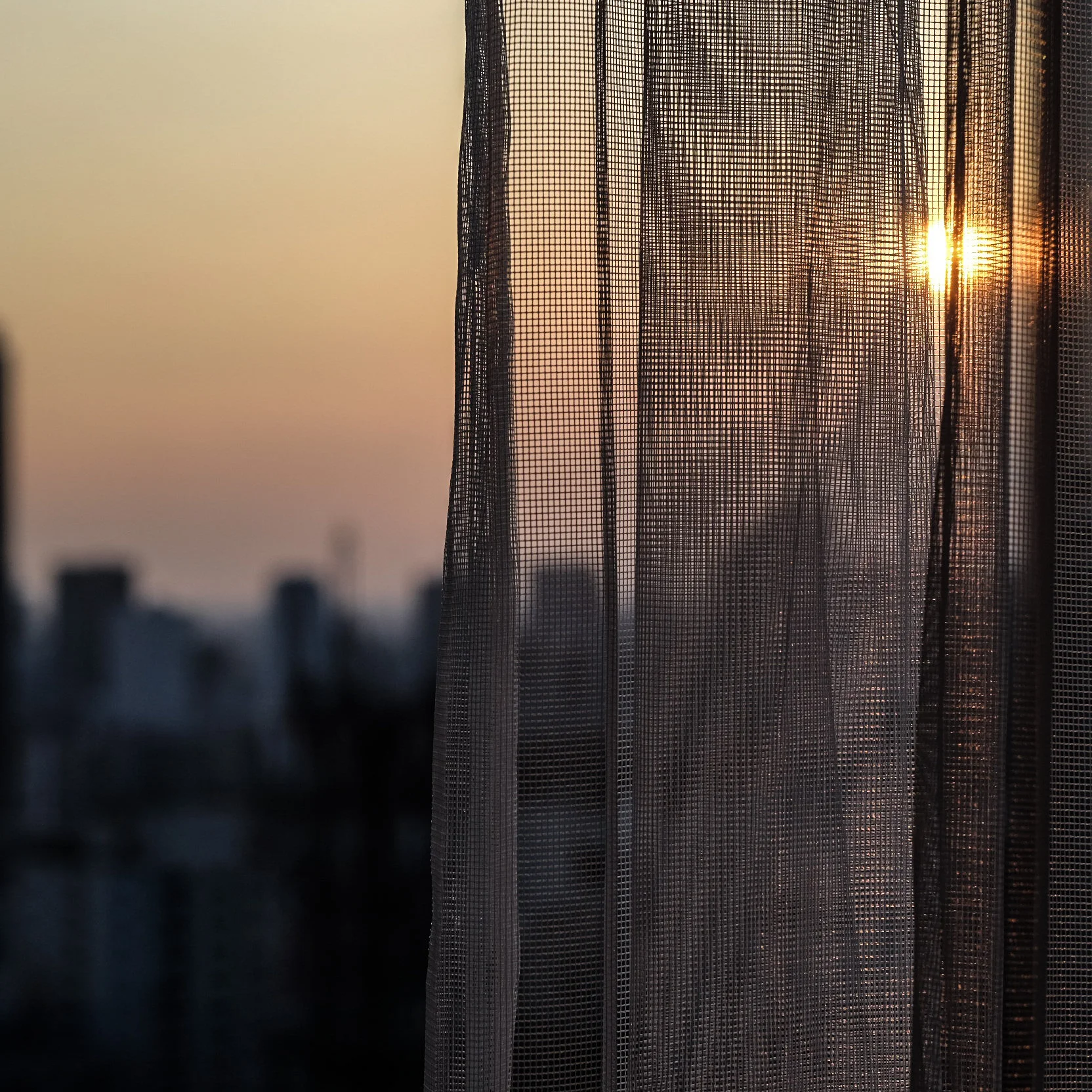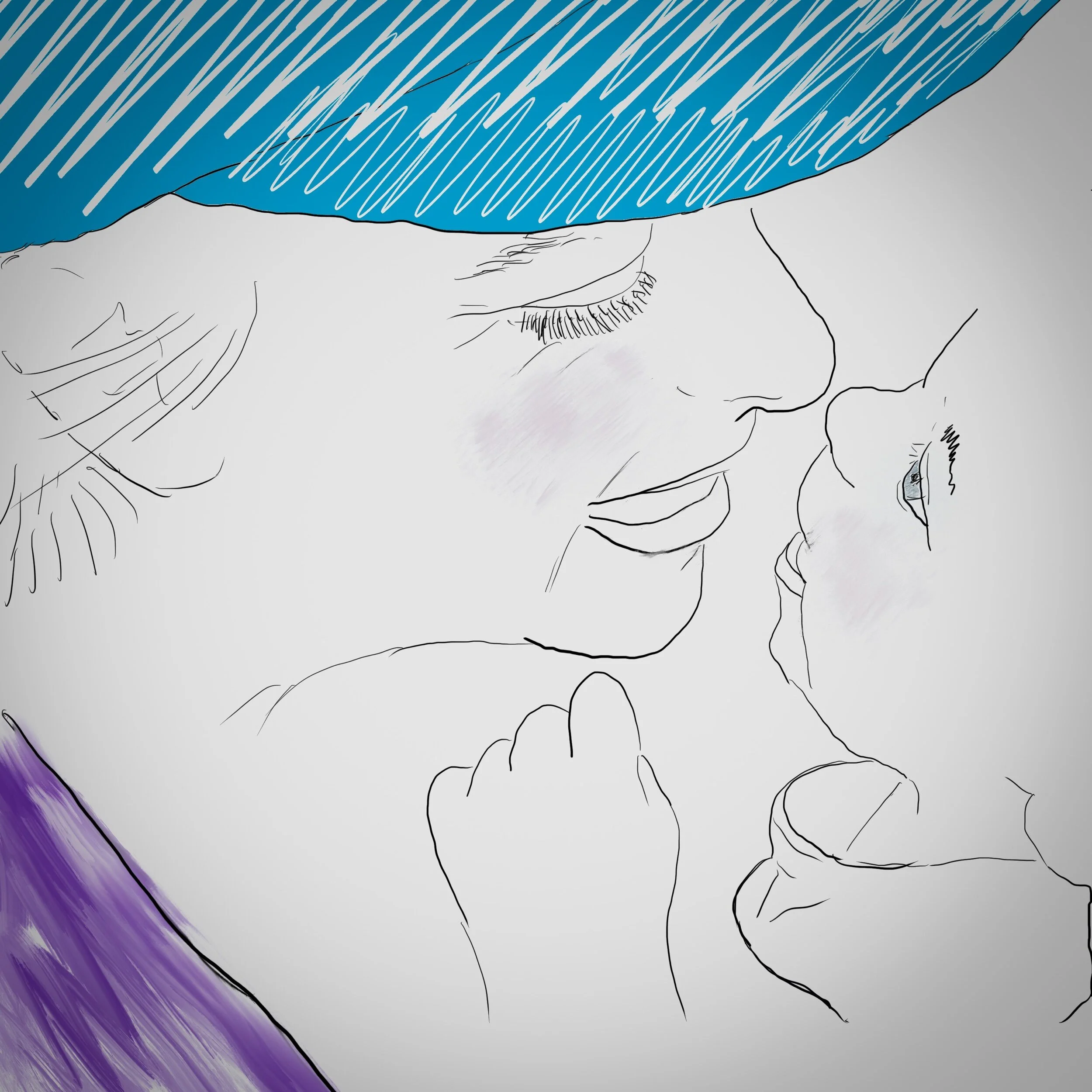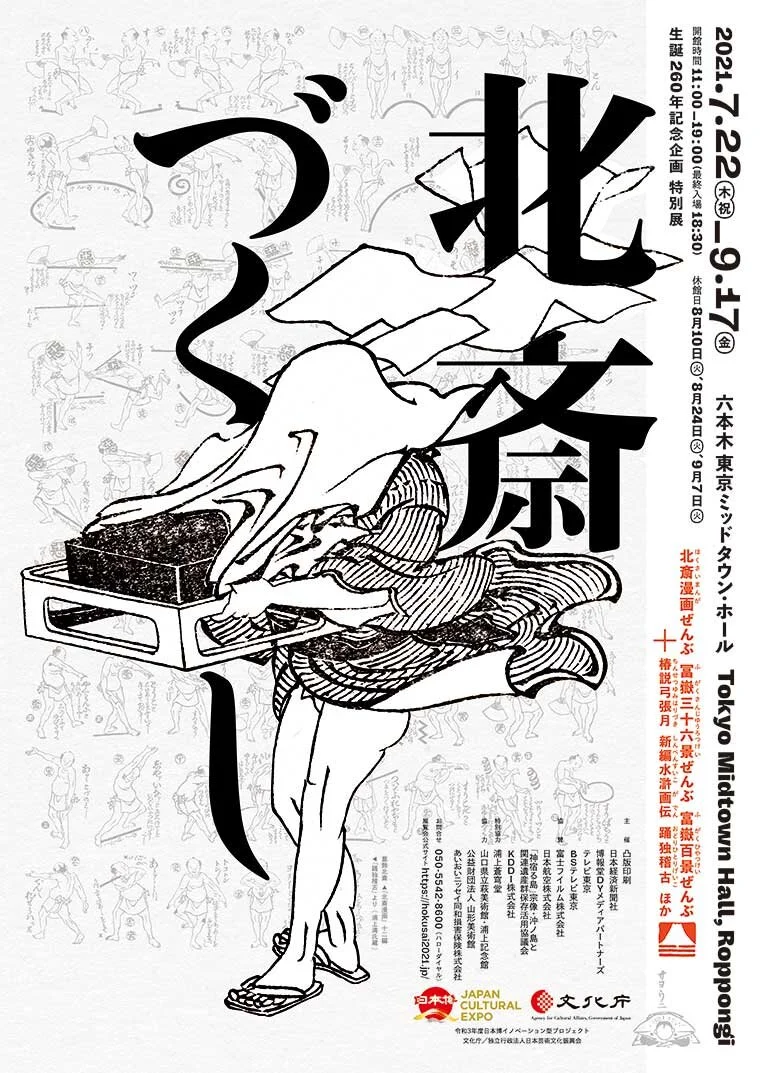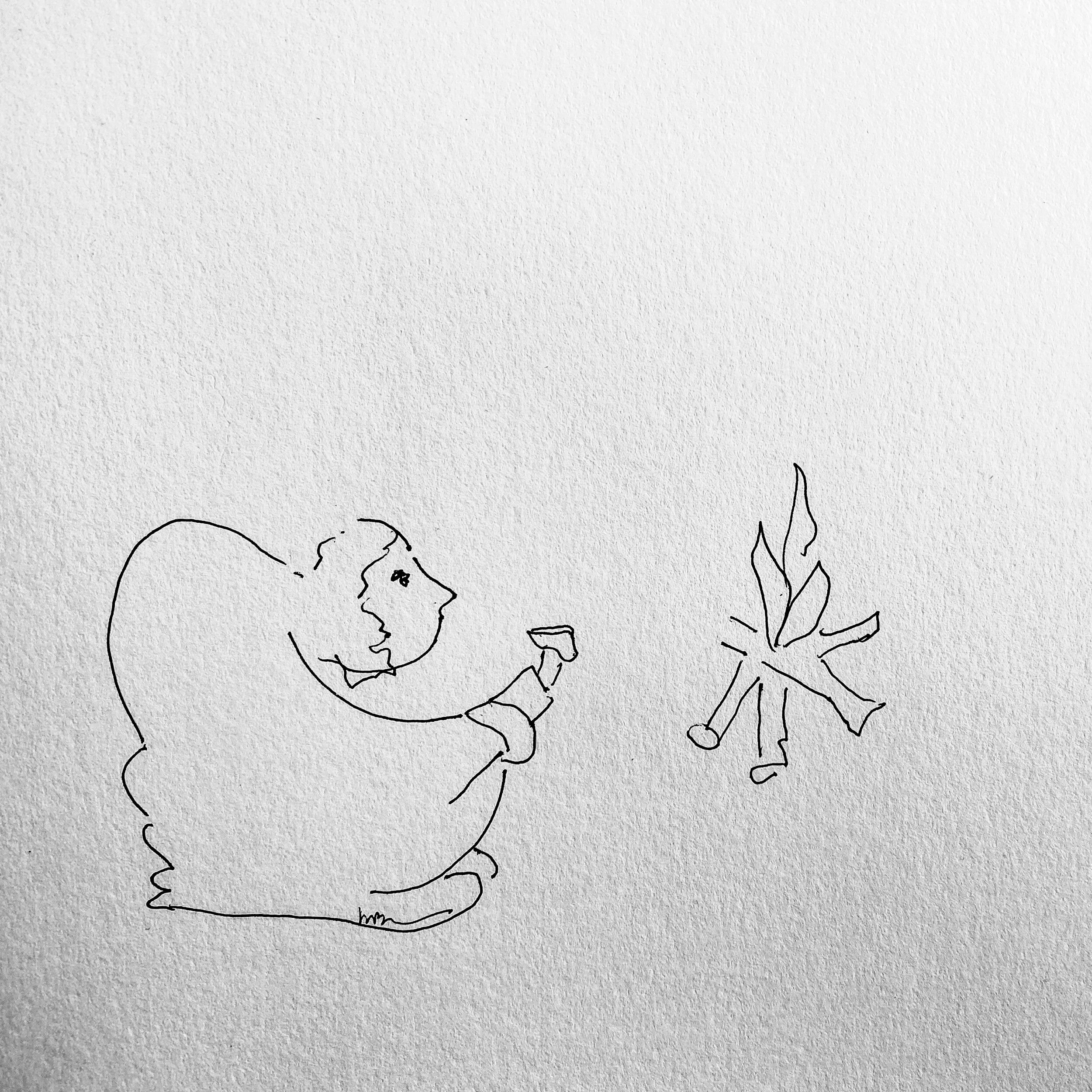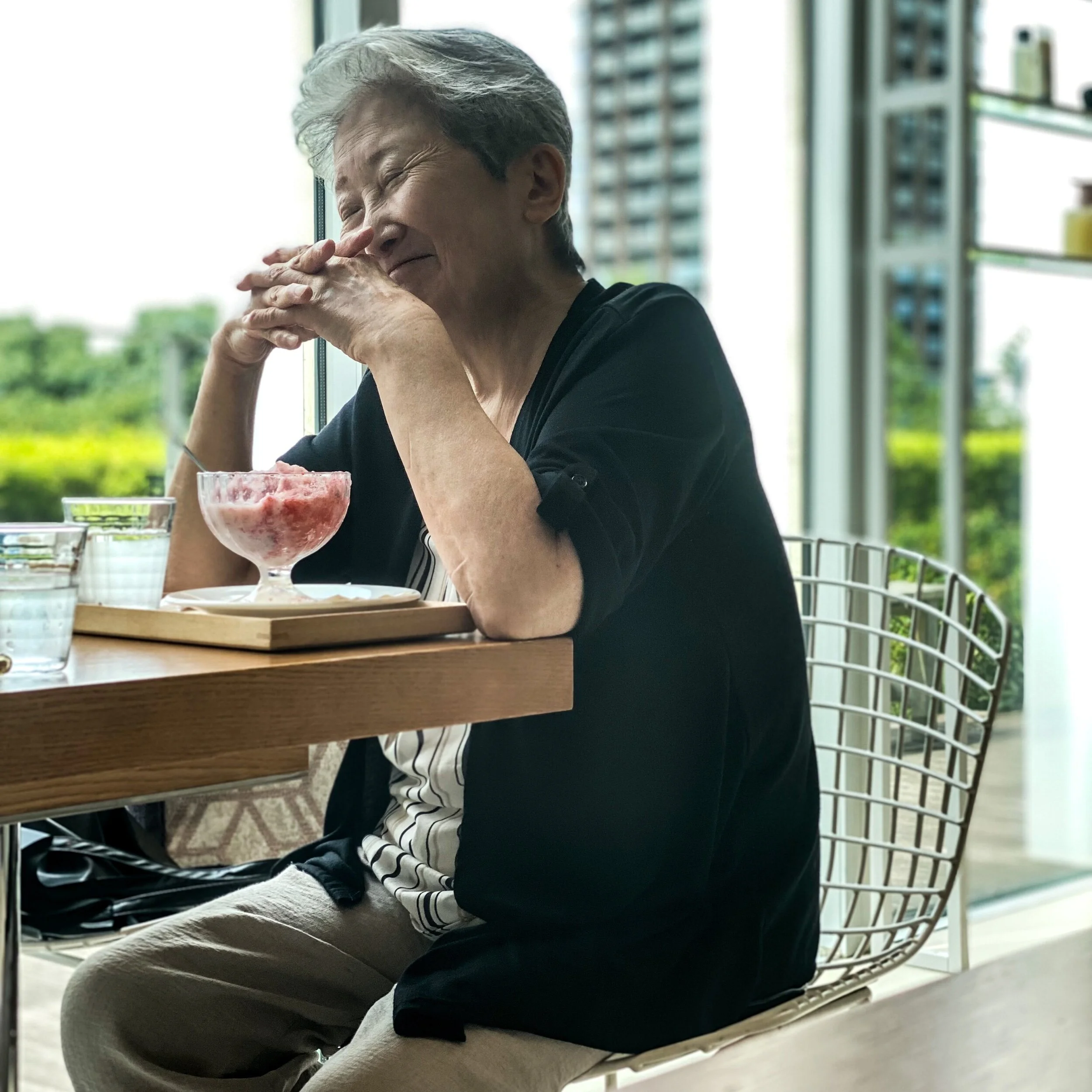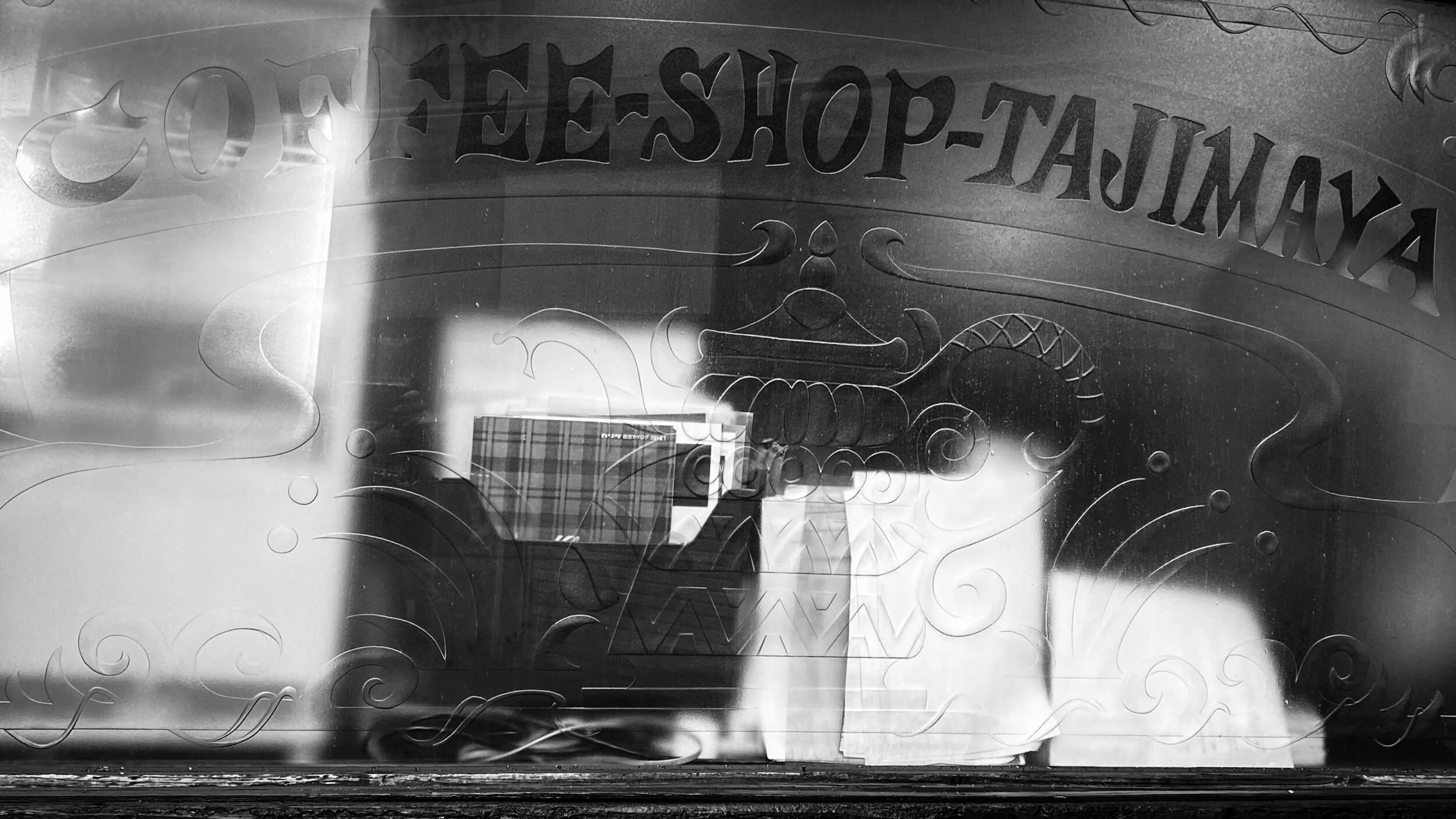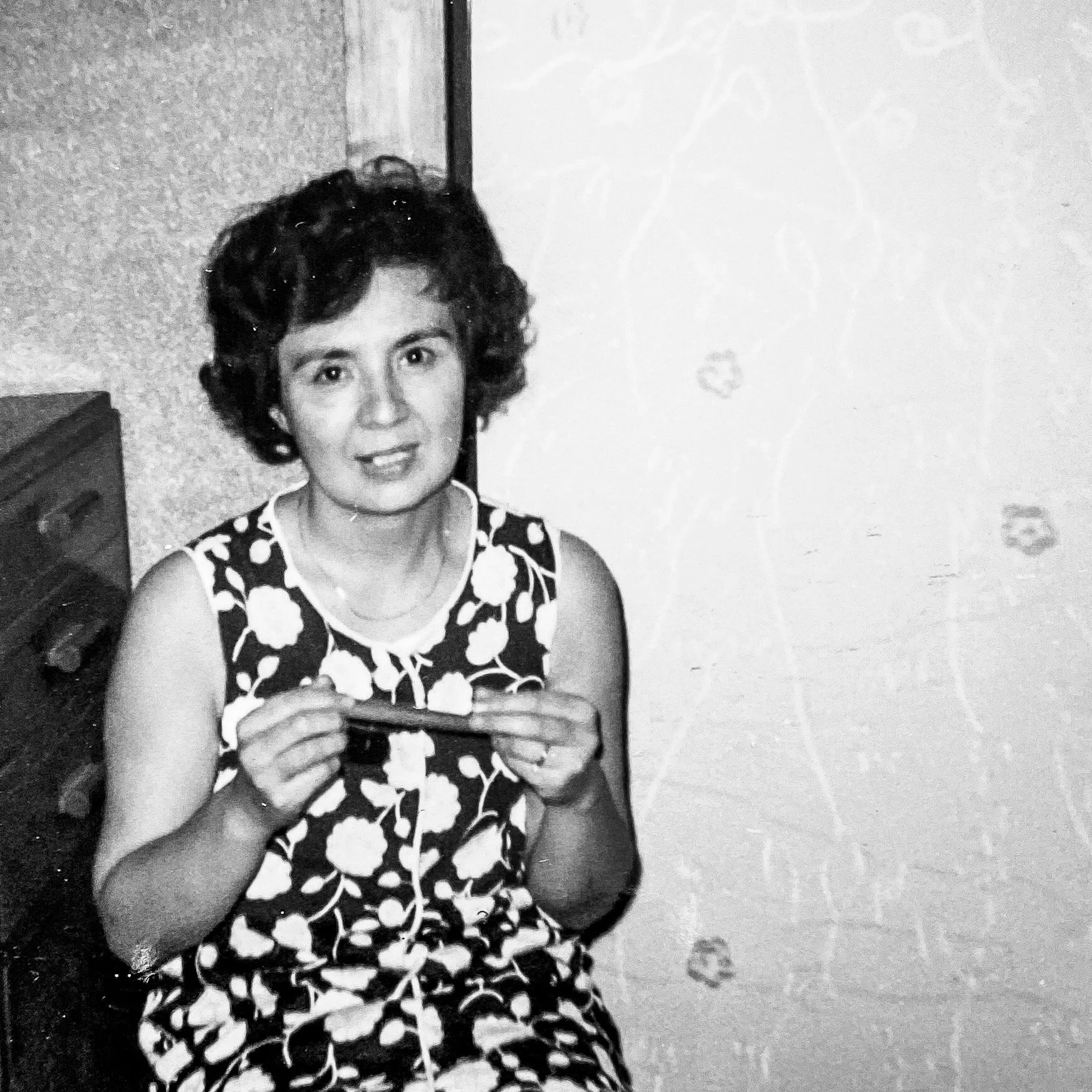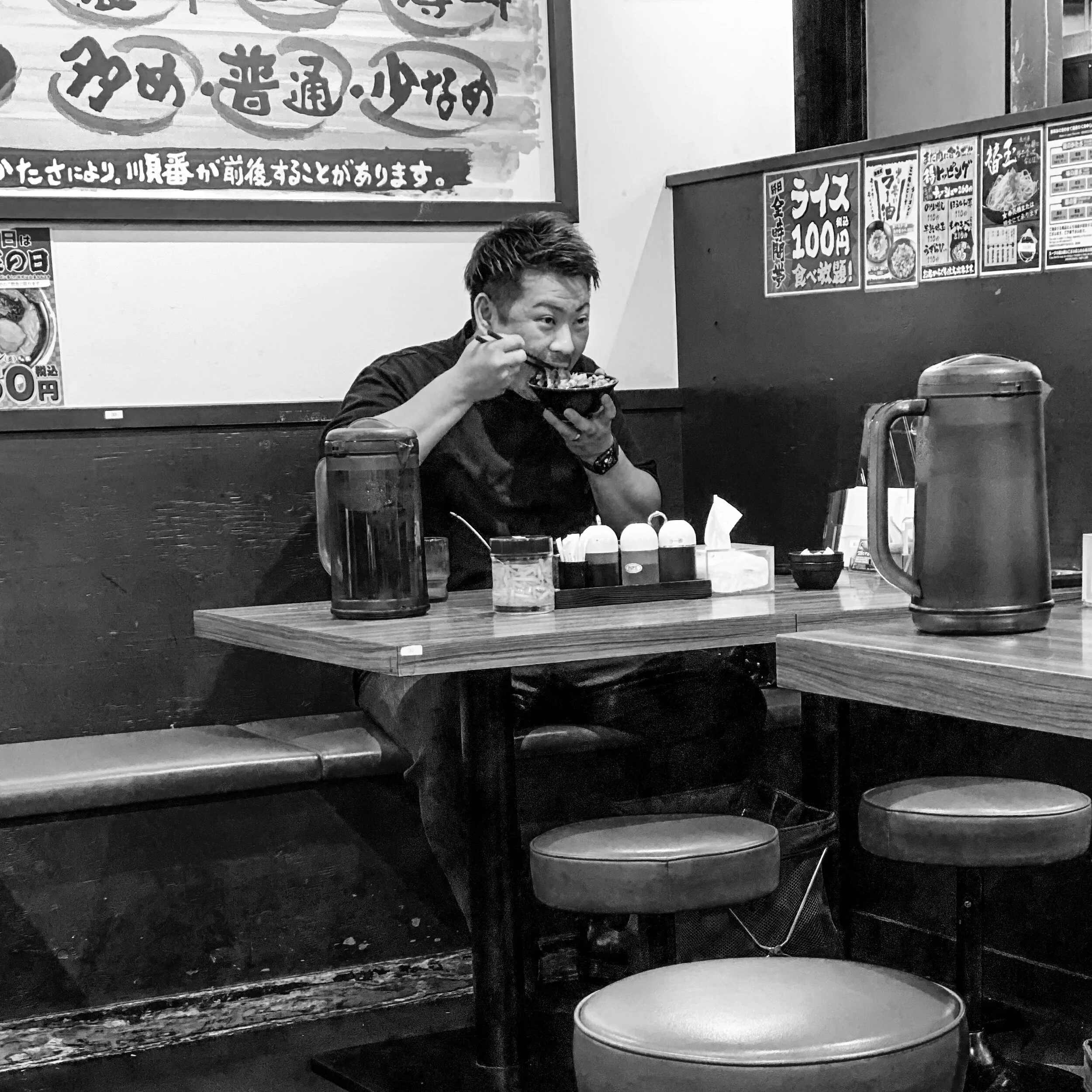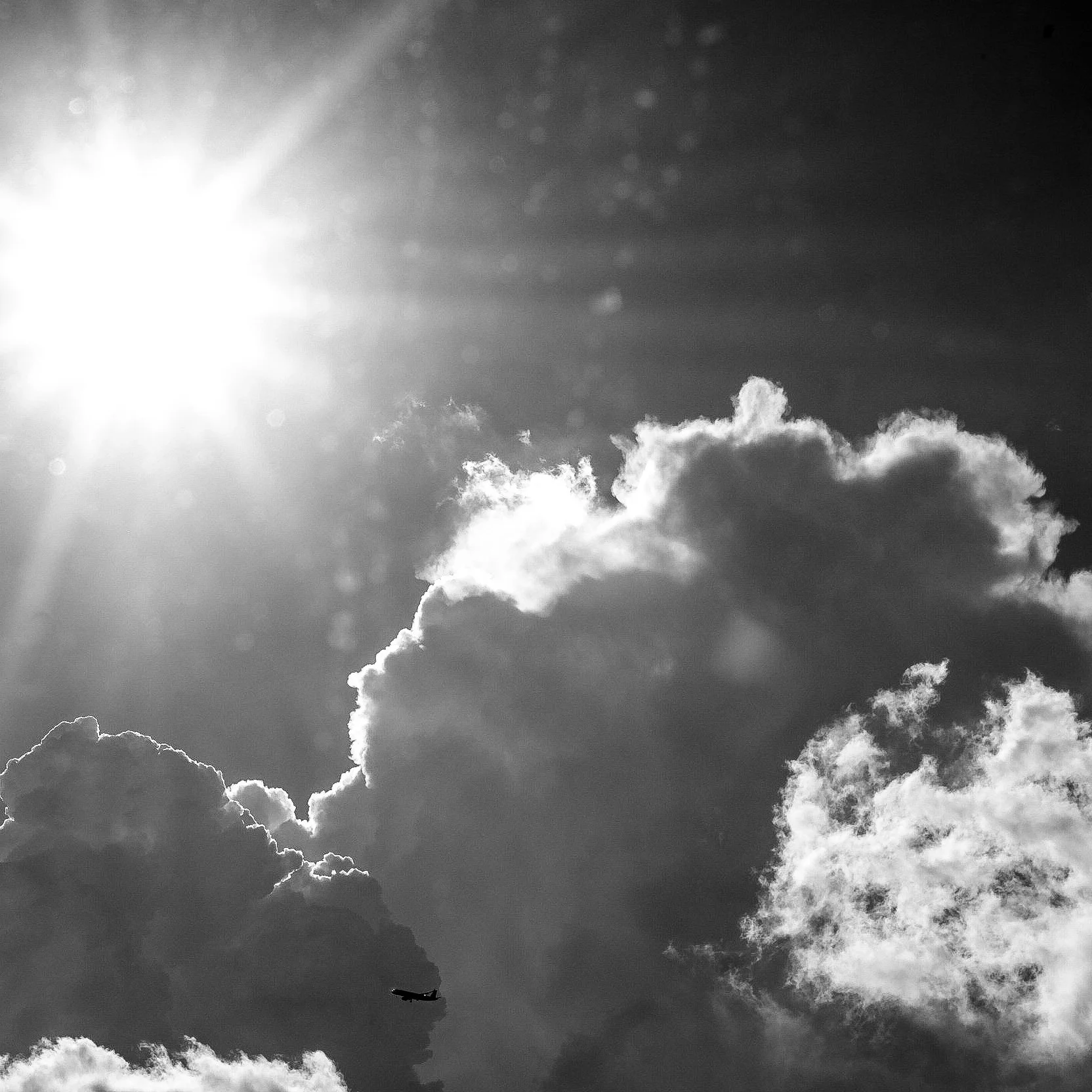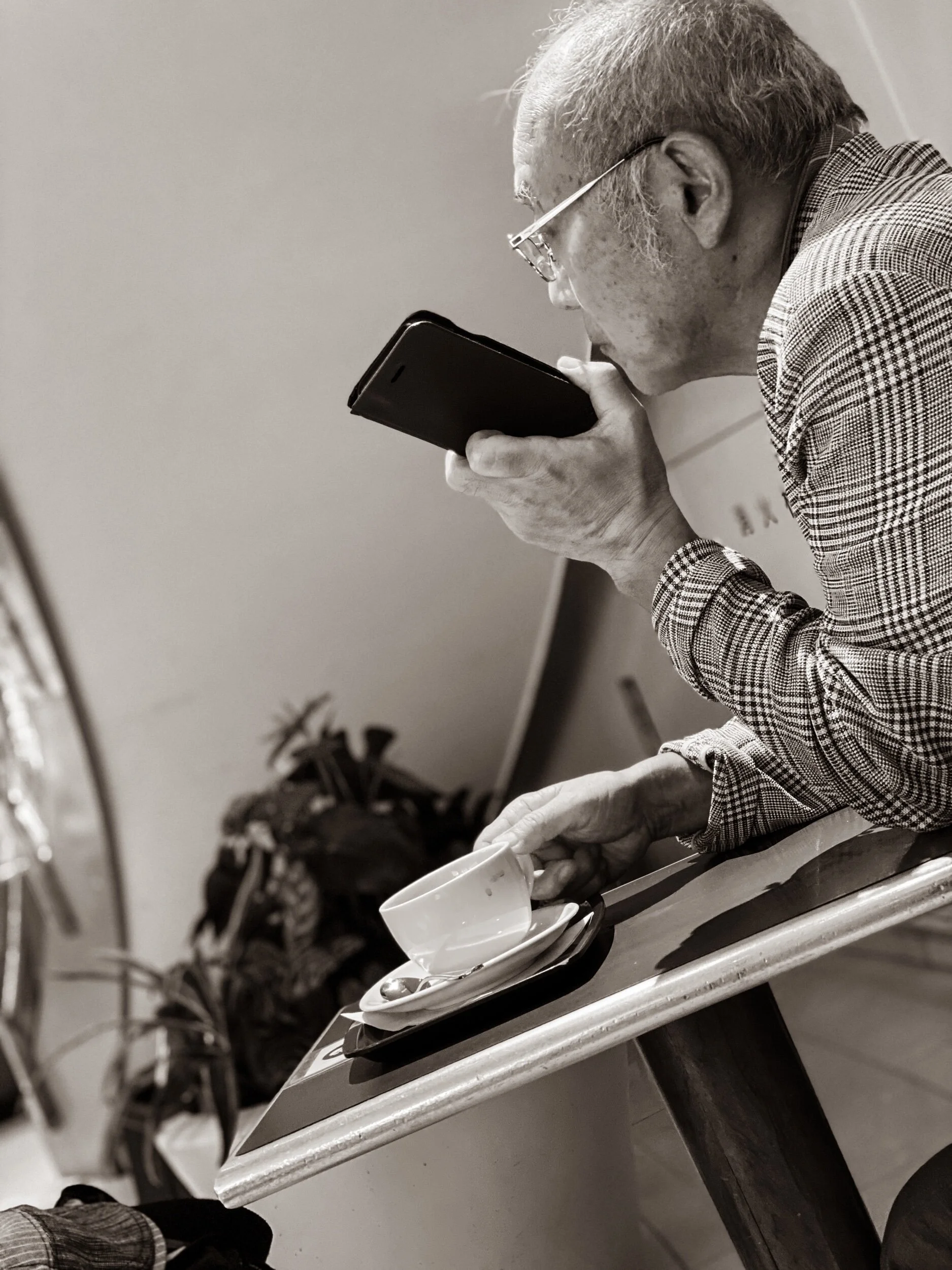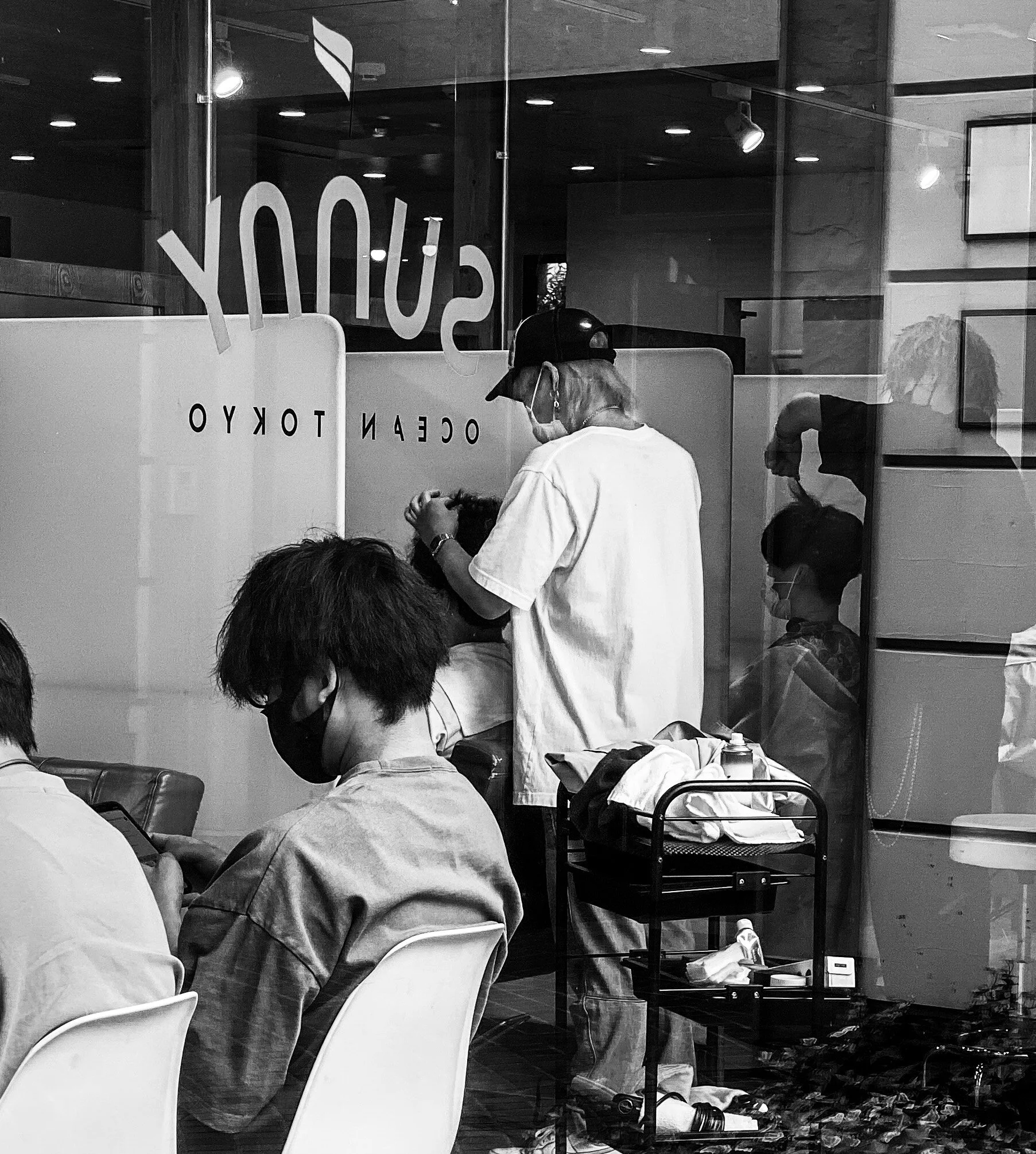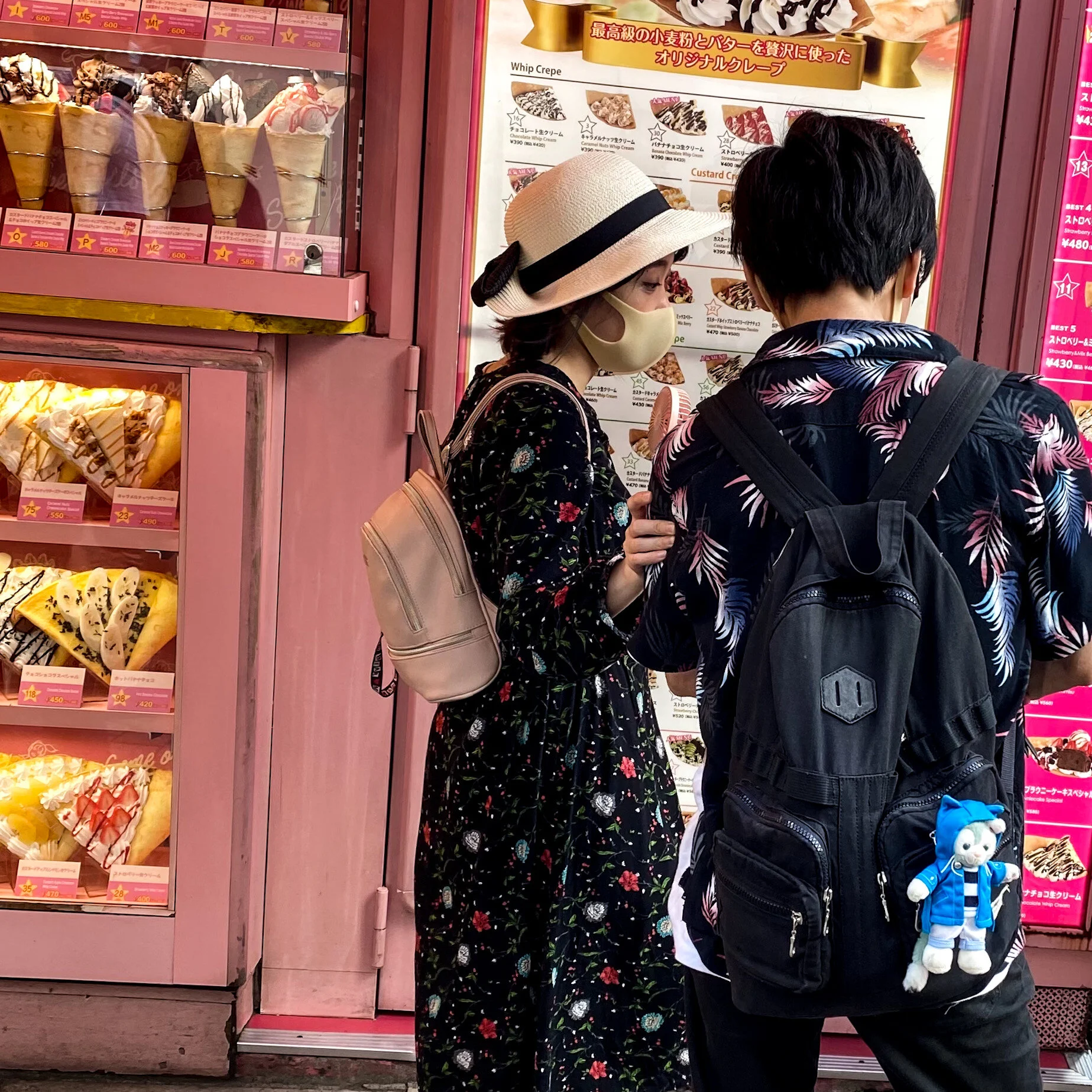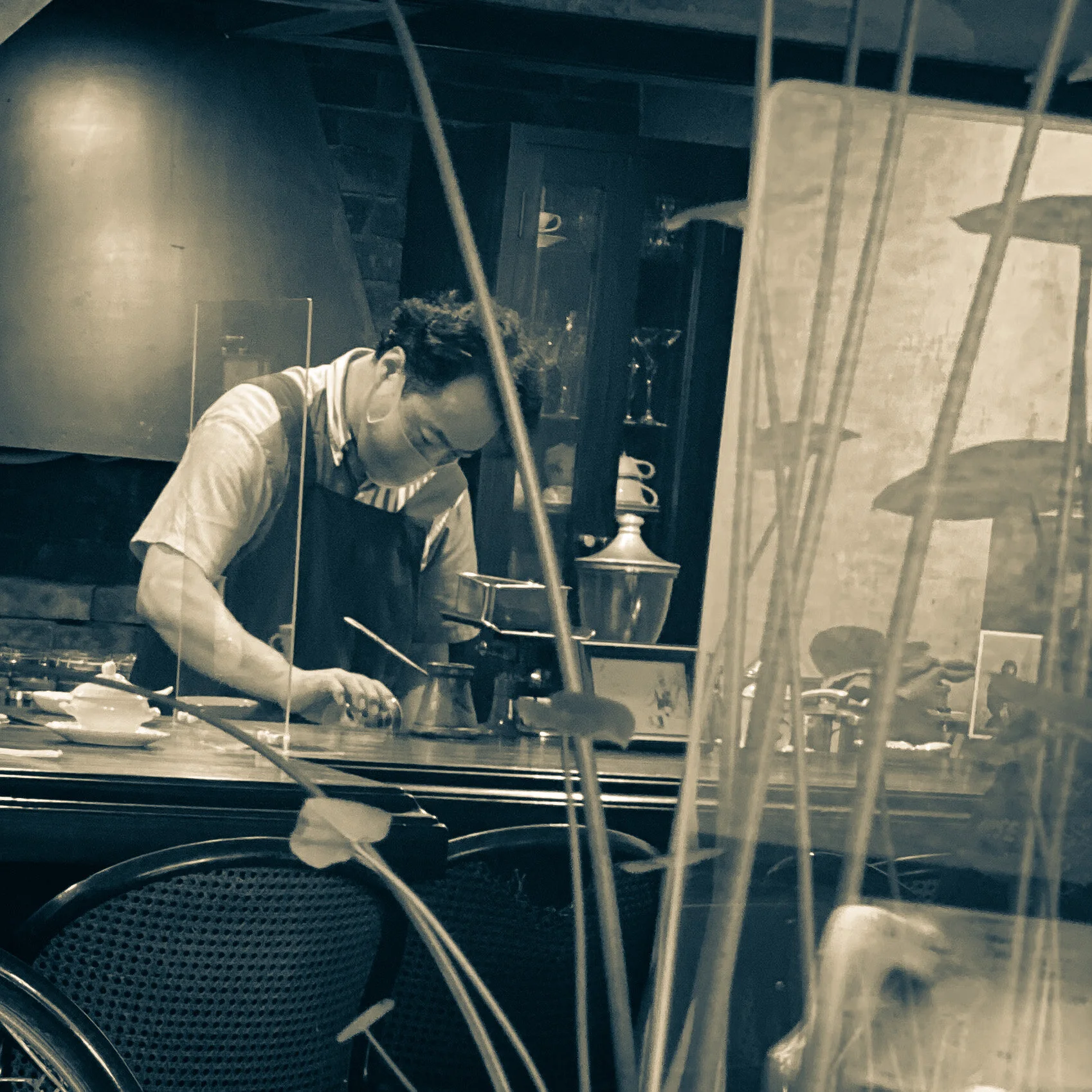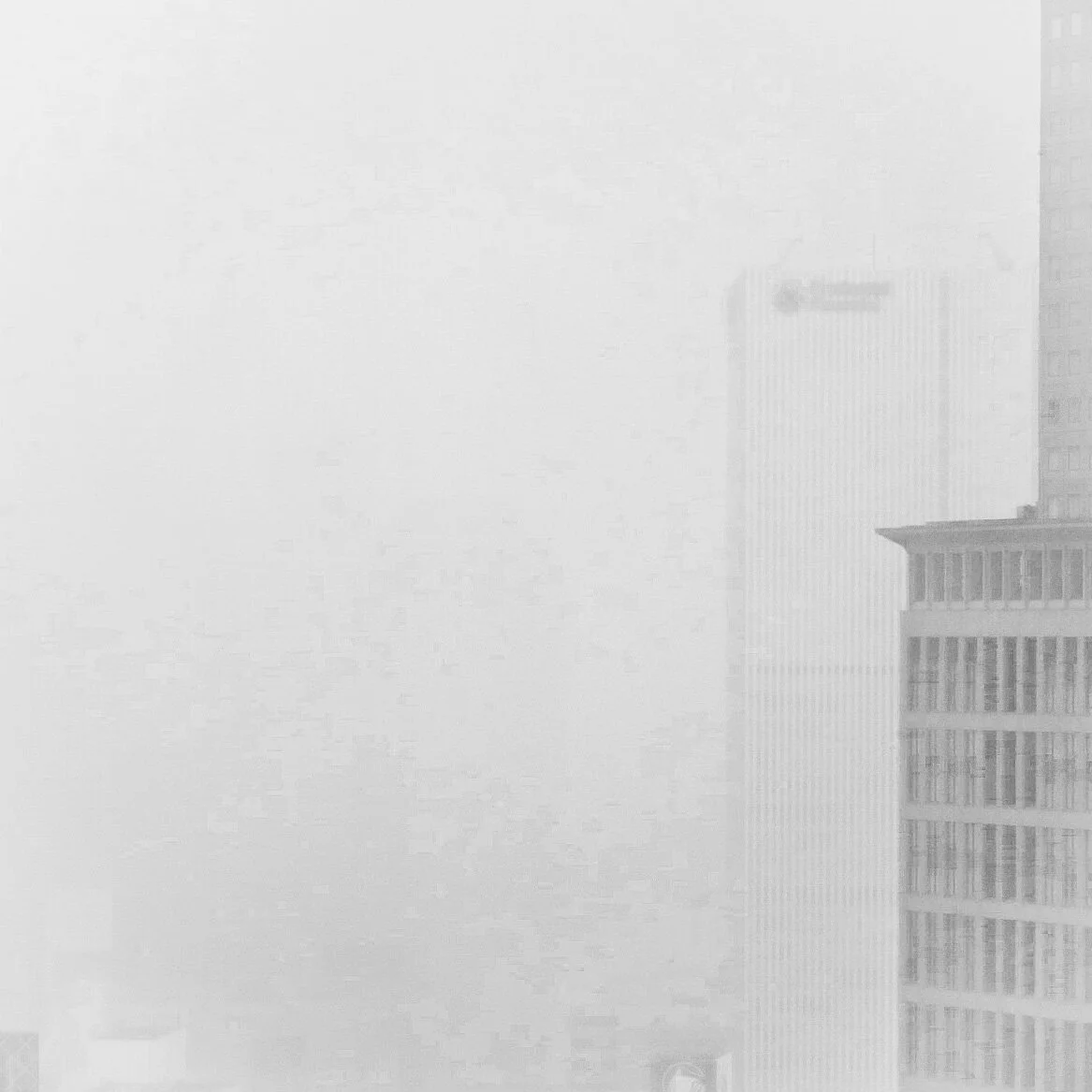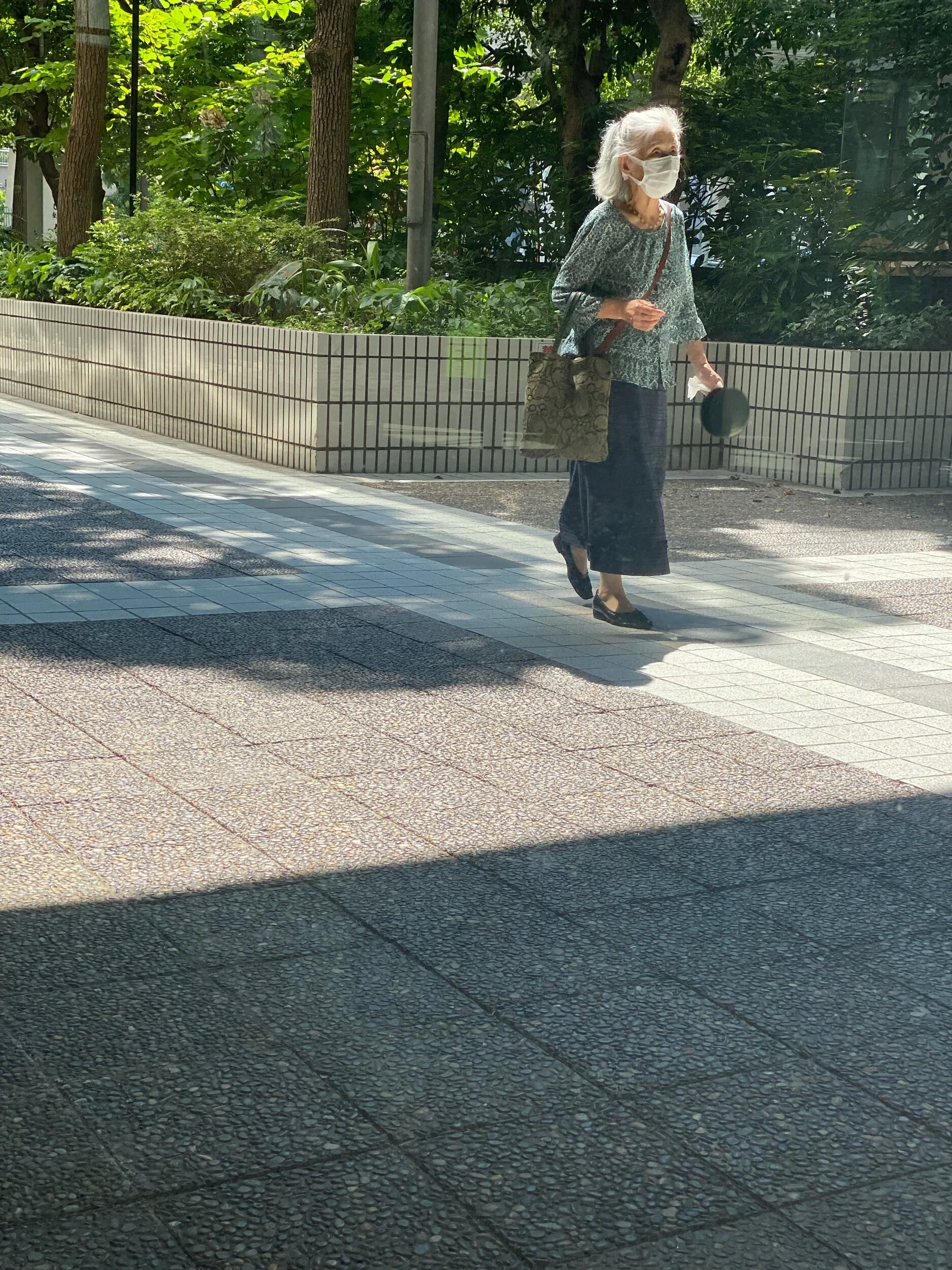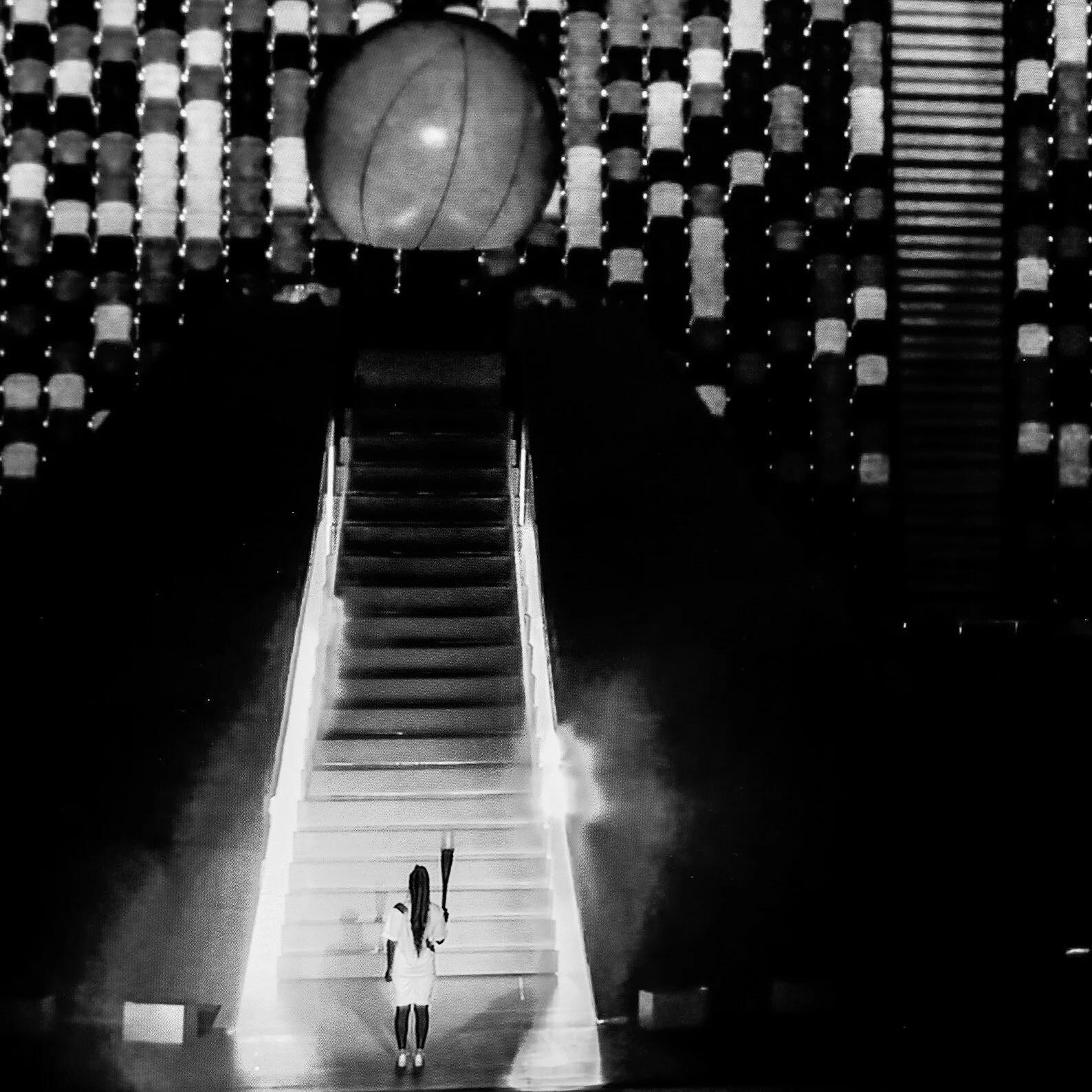星一つ
残して落つる
花火かな 酒井ほいつ
hoshi hitotsu
nokoshite otsuru
hanabi kana (Sakai Hoitsu)
One star remains -
After the fireworks.
Every morning we look out our window down to ground level to check on the progression of the building project. At 8:00 AM, sharp, workers gather and stand at attention, and at 5:00 PM, sharp, as the local music announces quitting time, the workers disperse.
But, for the last few days our workers didn’t show up. “Oh, no! Do you think they have all been fired?” “Maybe the workers are on strike…or maybe the owners ran out of money,” Don said. “Is this one of those times when you feel you will never know what is going on? A mystery that will never be solved?” I laughed, “You’re right! That’s what this is. The gods are playing with us. Again!” During our many years of living abroad, in a place where we couldn’t read the language and couldn’t understand the news, there have been many unsolved mysteries.
Fortunately, this mystery has been solved. It’s OBon time. Yuko, the owner of Yoyogi International School, and the woman who hired Don, appreciated Don’s concern for the missing workers, but said, “Don’t worry, Don-san. It’s OBon. It is customary, especially for building contractors, to take a week or two off around OBon.”
Really? What does OBon and vacation have to do with one another? Well, for one, it is very very hot. Working in Tokyo in 93˚ weather with 73 % humidity is nearly paralyzing. Especially if you are a worker dressed for construction work. They need a vacation. On the other hand, it may be an opportunity for workers to leave the city and return to their family homes in the country.
Celebrated in Tokyo from August 12 to the 16th, OBon is a Shinto based celebration set aside to remember family members that have died. In the countryside, lanterns are hung in front of houses to guide the ancestors' spirits and graves are visited and food offerings are made at house altars and temples. At the end of Obon, floating lanterns are put into rivers, lakes and seas in order to guide the spirits back into their world. It sounds a lot like the Day of the Dead celebrations in Mexico at the beginning of November. (See “Coco,” the lovely film centered around the Day of the Dead.) When we lived in Ukraine, people had a similar celebration on the first Sunday after Easter.
In Japan, the trains are packed, as city dwellers travel home. Last year, during the pandemic, the government did not feel it could ask people to forego celebrating this very important family festival. “The government has no intention to request that people refrain from traveling to their hometowns or elsewhere during the upcoming Obon holidays. We are not asking people to refrain across the board. We are just asking them to be very cautious.”
But this August in 2021, the number of Covid cases have soared and the government is pleading with people not to travel, to stay in place and avoid contamination.
The number of people vaccinated in Japan seems to be going up. Japan has only two vaccinations available Pfizer (2 shots given 3 weeks apart) and Moderna (2 shots given 4 weeks apart). In the past weeks, Japan has had an explosion of new infections. On August 12, 2021, Japan registered 18,000 new cases and there were 4,989 new cases of Covid in Tokyo.
Don has led a campaign in his school to get all staff vaccinated by the end of September. 70.9% of Don’s staff are now partially or fully vaccinated (As of August 13, 2021). This number is well ahead of the national average. According to Asahi Shimbun, “As of Aug. 1, officials said 34.5 % of all Japanese had received one shot, while only about 24.6 percent had gotten the full two doses.”
